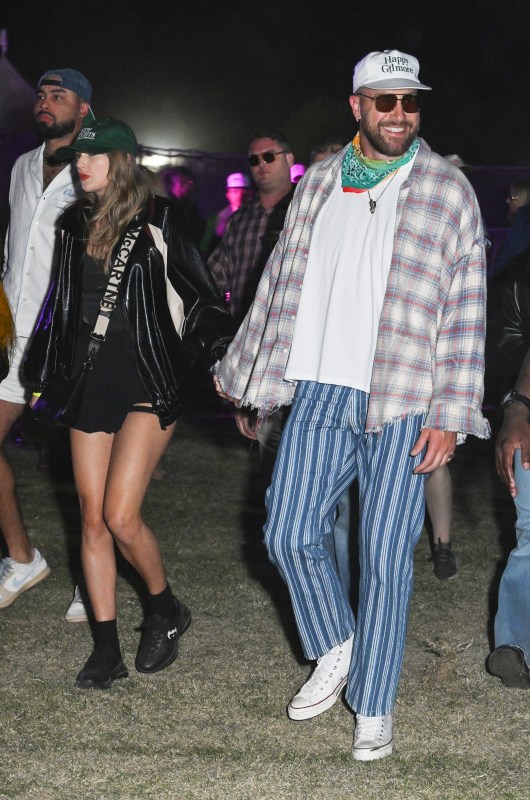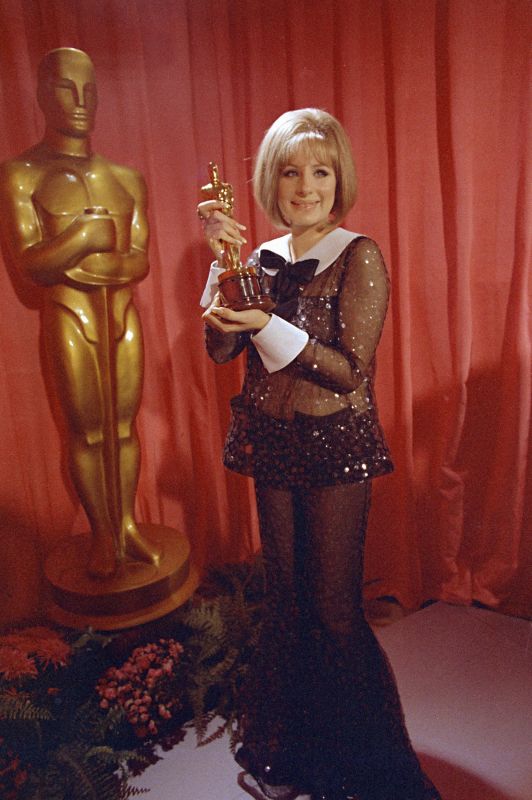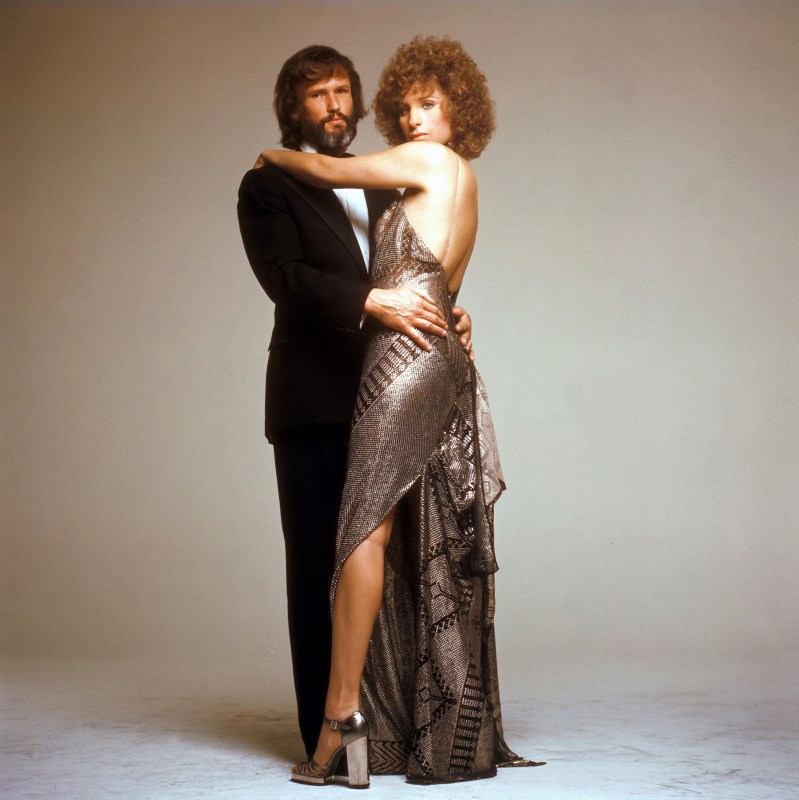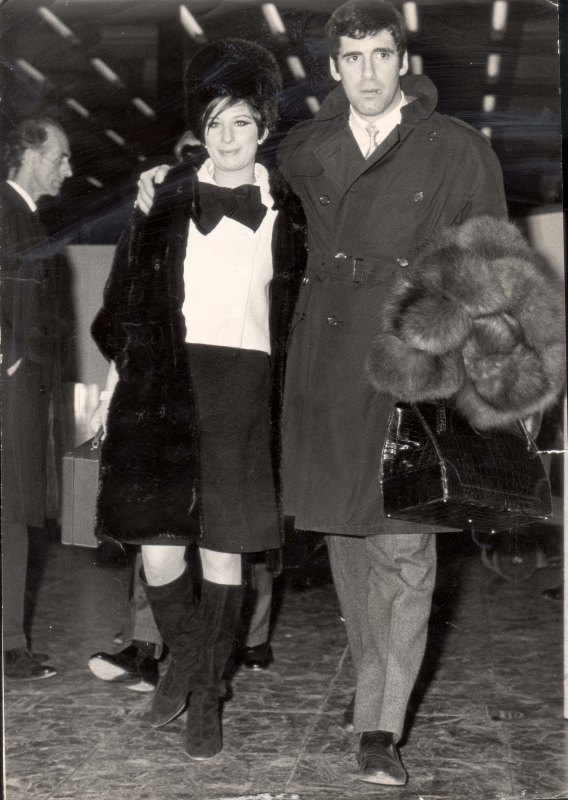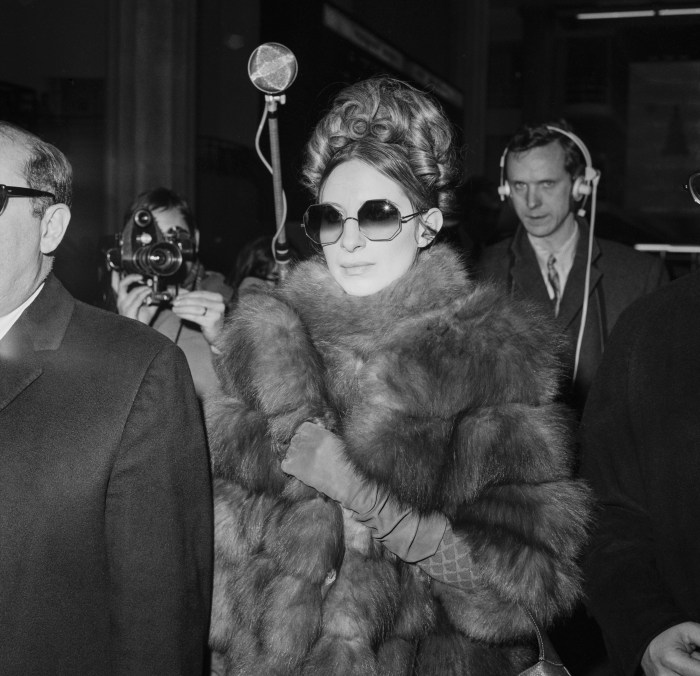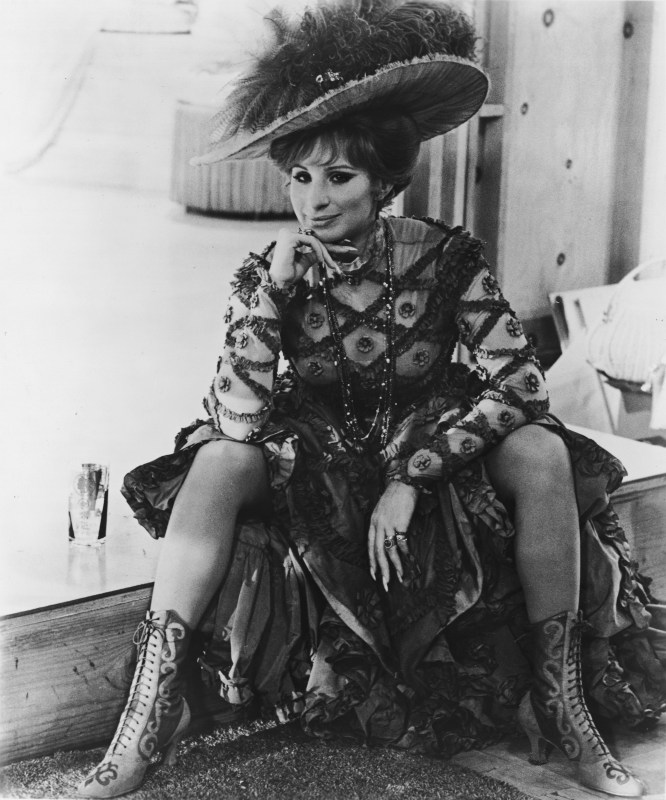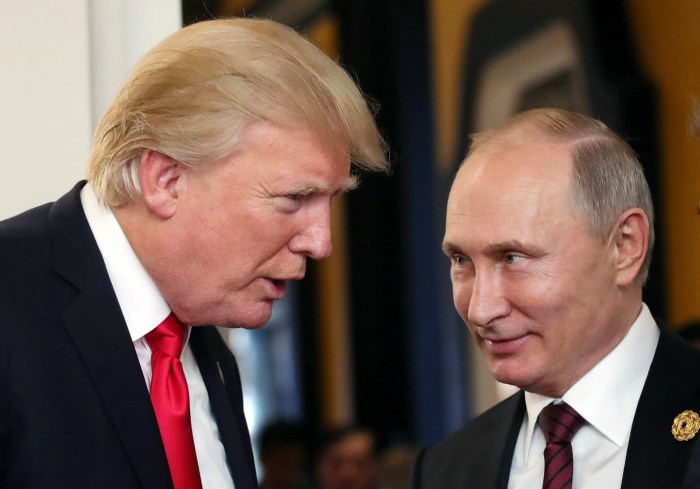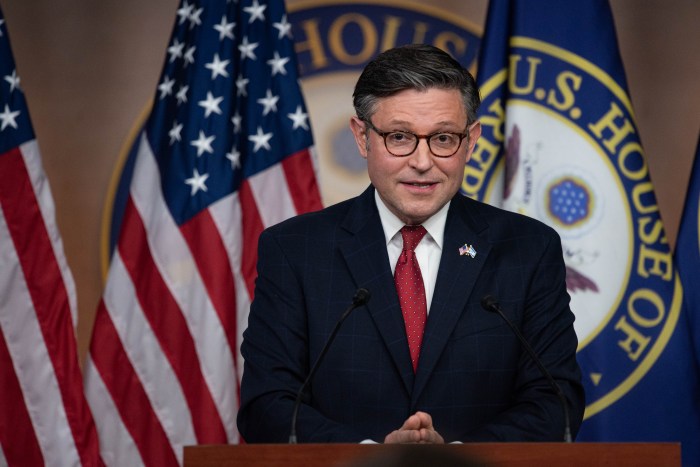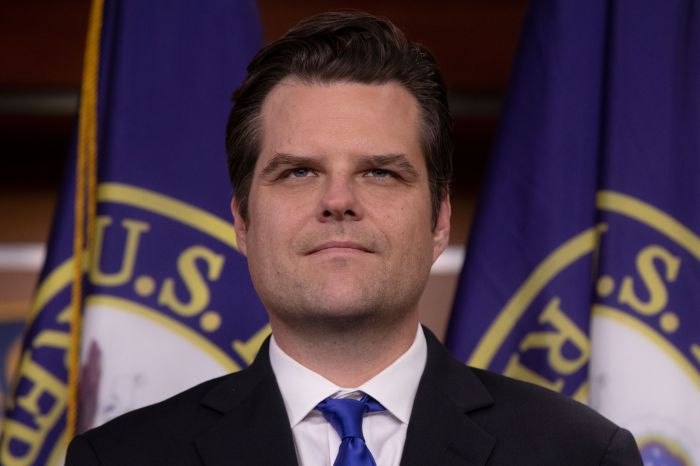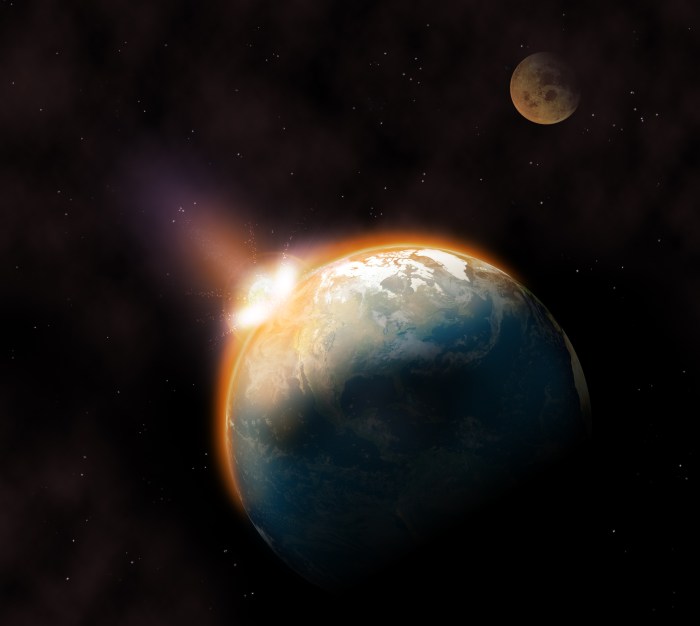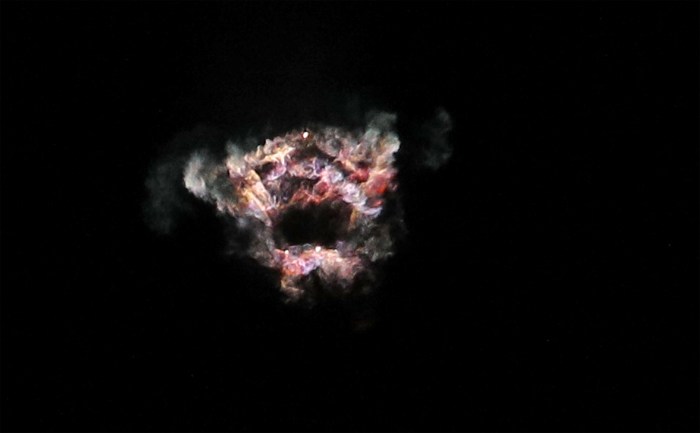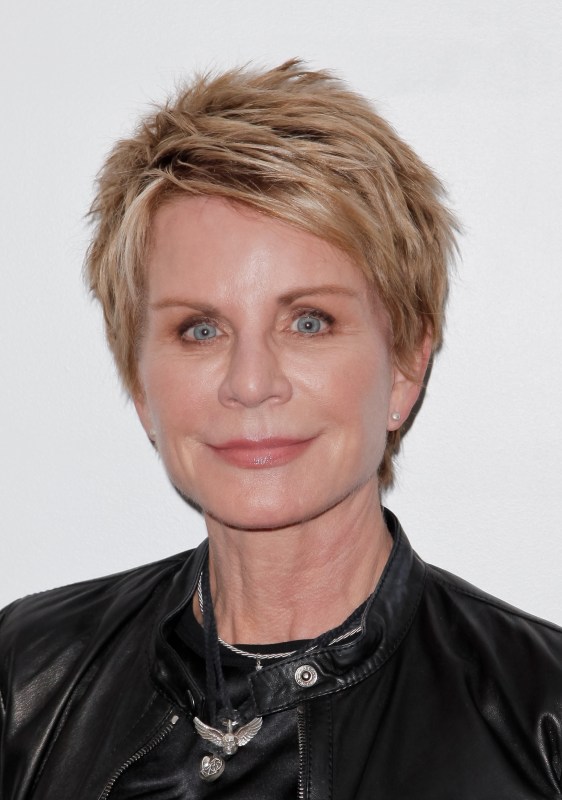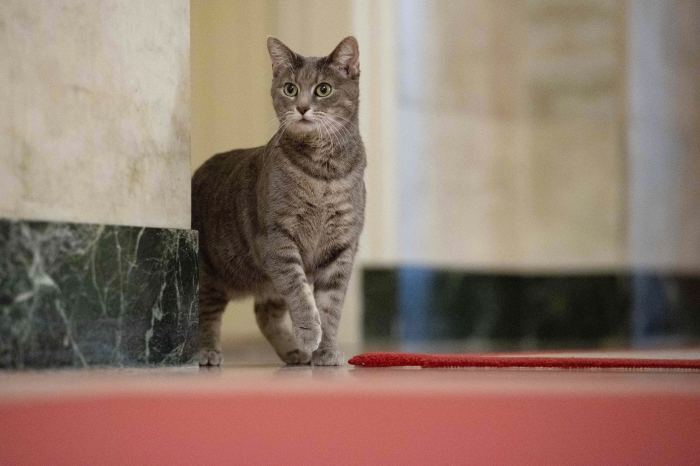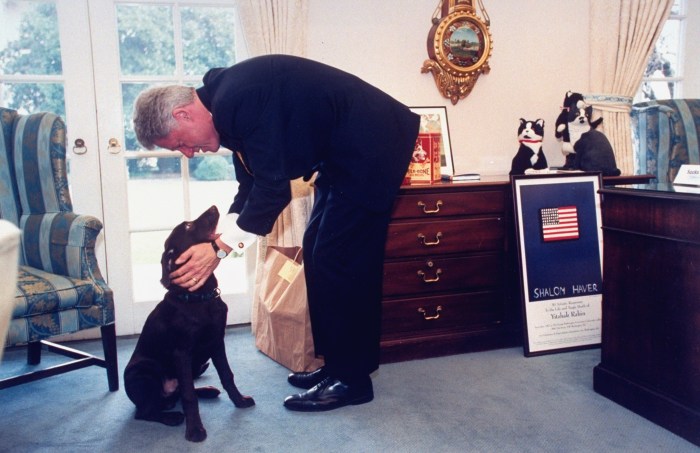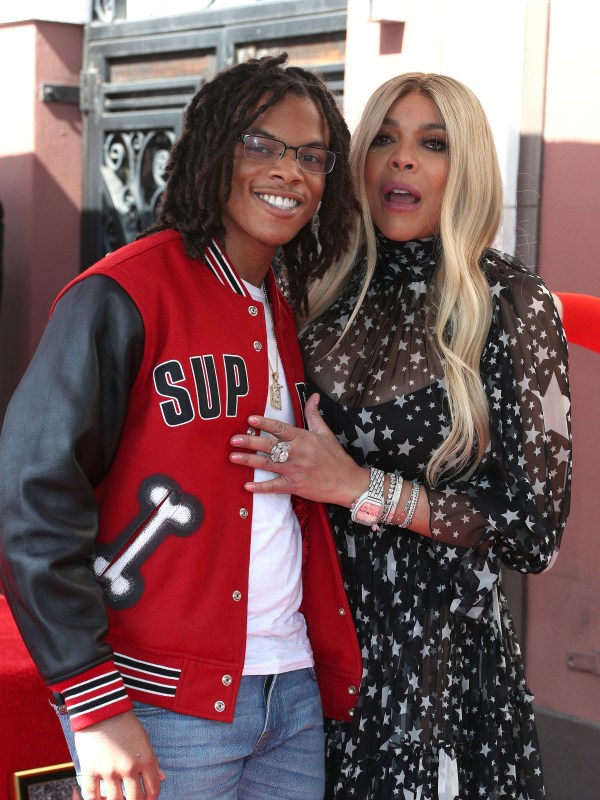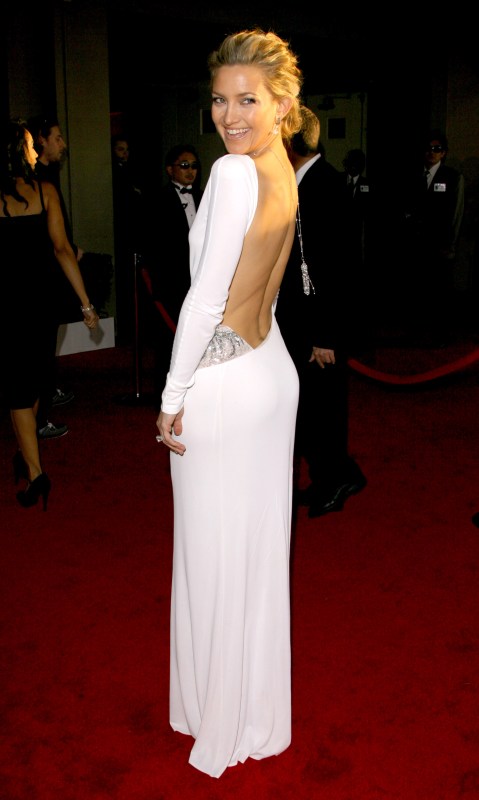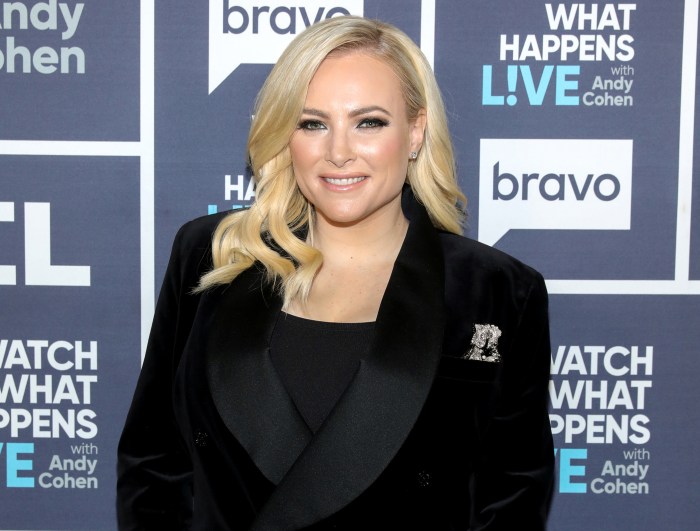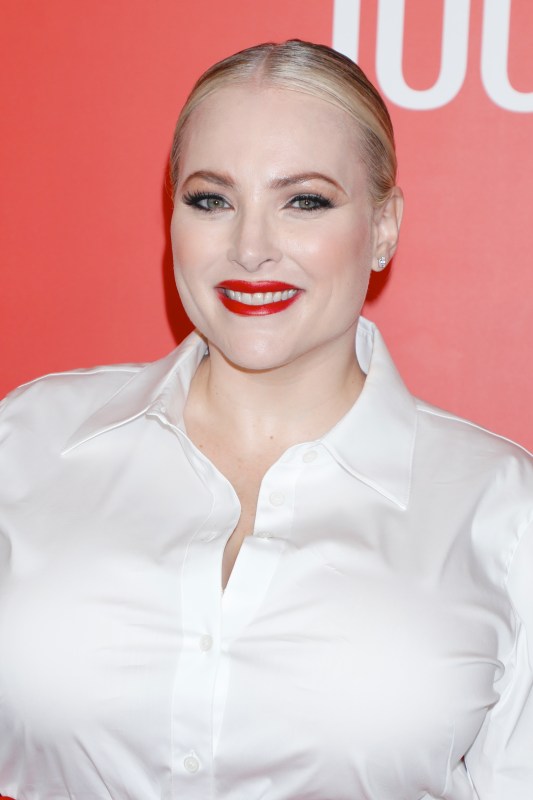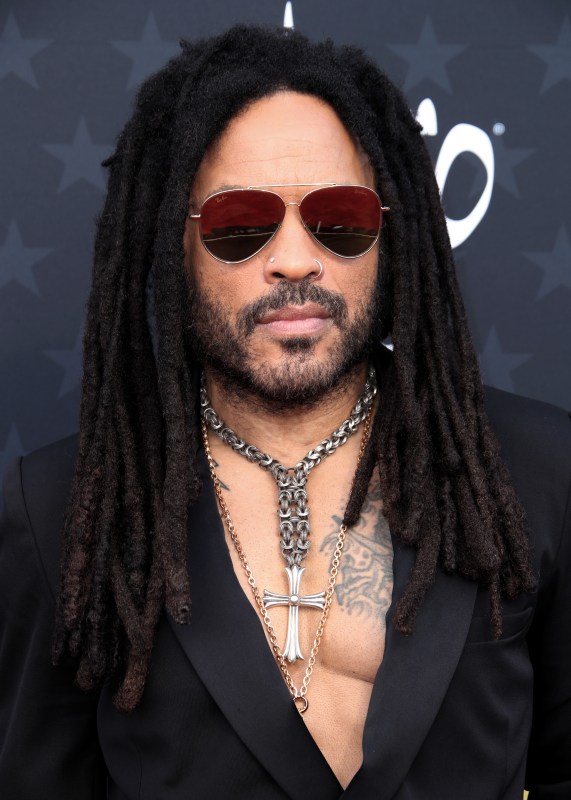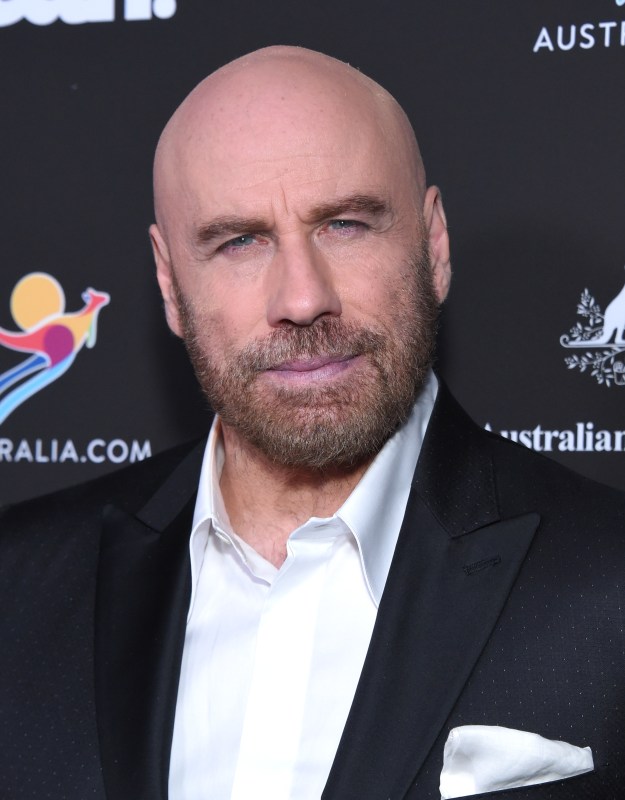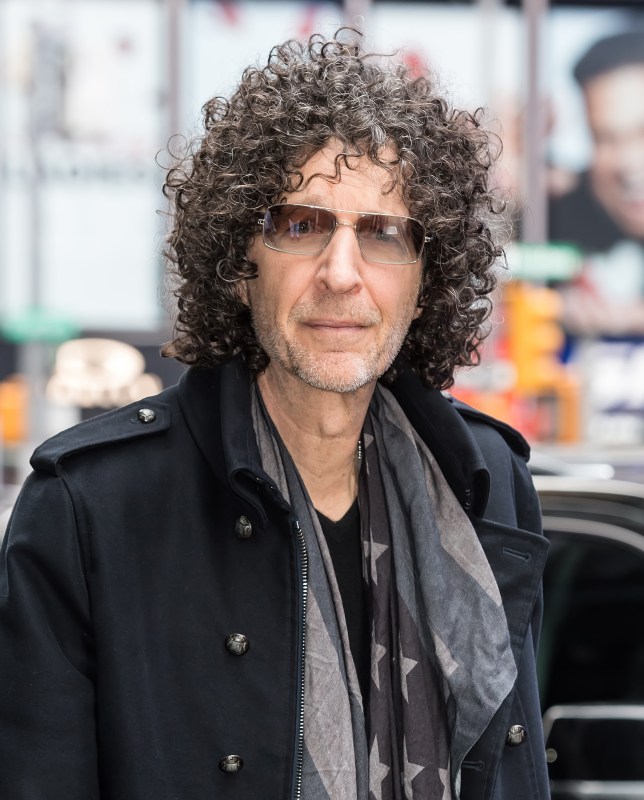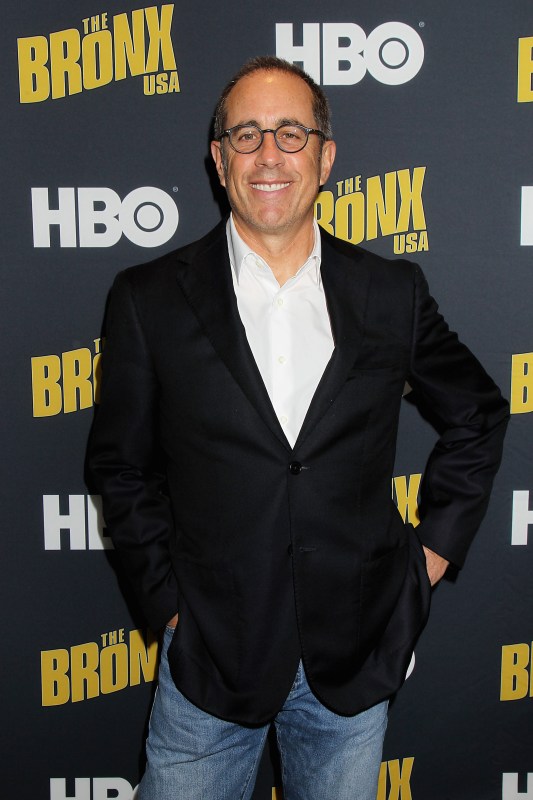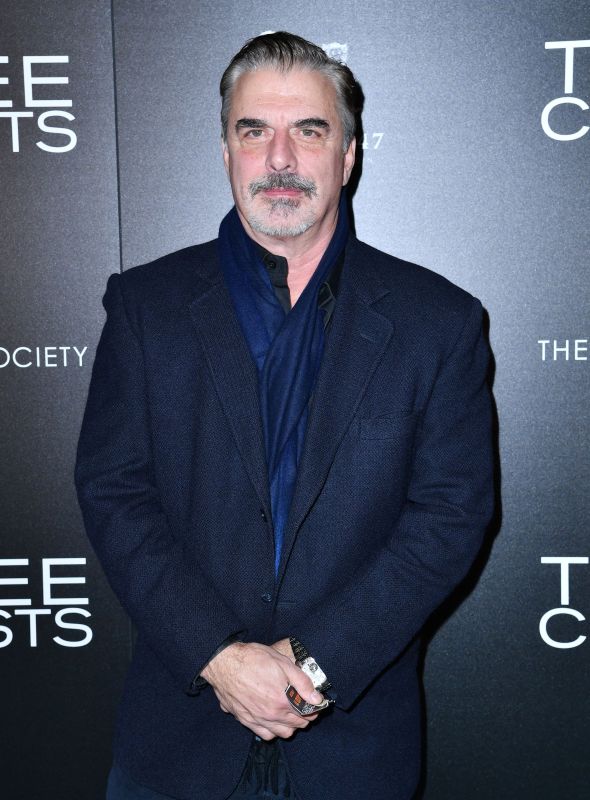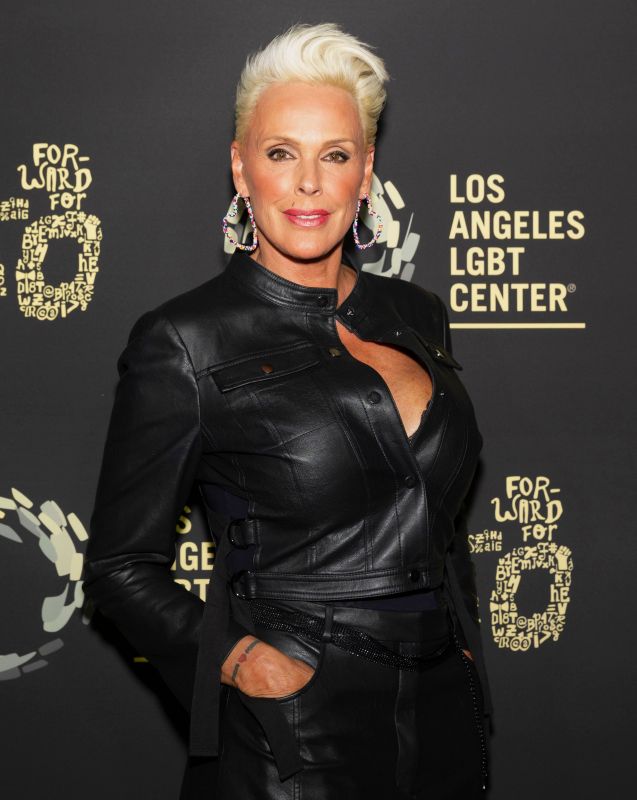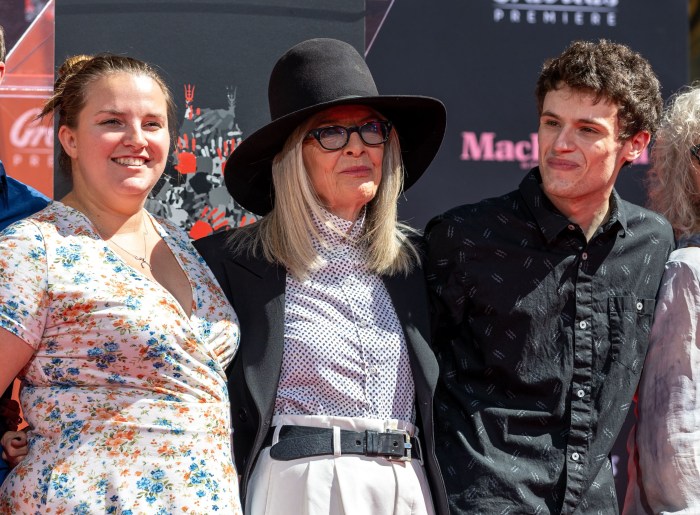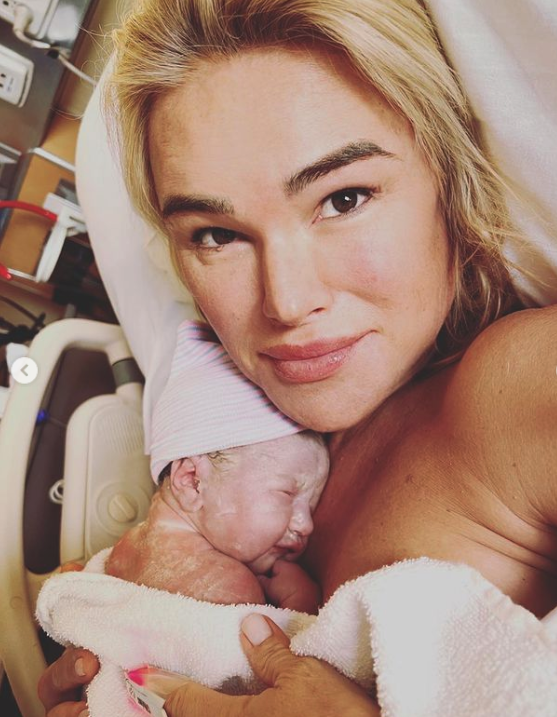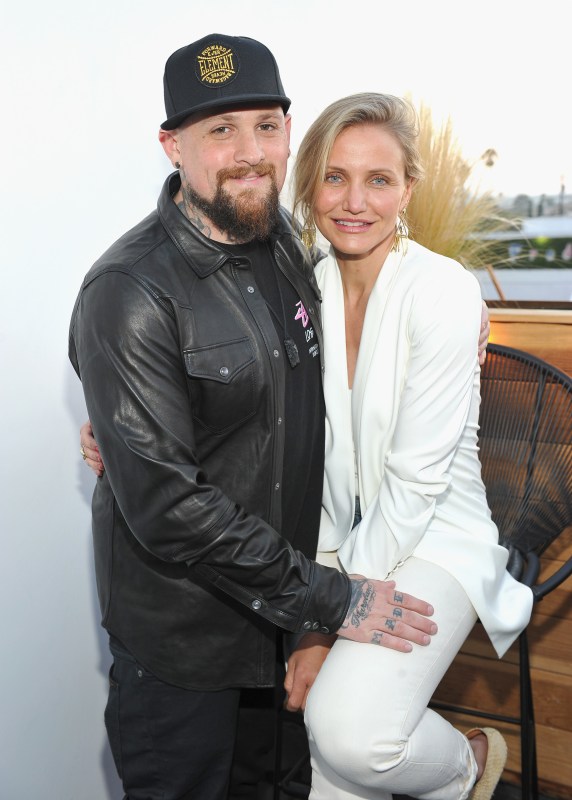By Jennifer Odell
7:00am PST, Feb 25, 2024
_
With Vladimir Putin's imprisoned political rival, Alexei Navalny, dead, and aid for Ukraine stalled once again by Congressional Republicans, former Rep. Liz Cheney is reiterating concerns about a "Putin wing" in the G.O.P. — and she's not alone.
While discussing Donald Trump's failure to condemn Putin after Navalny's death and his lobbying against aid for Ukraine on CNN's "State of the Union" on Feb. 18, Cheney pointed to the rise of Republicans who've been sympathetic to Russia and its dictator.
"We have to take seriously the extent to which you've now got a Putin wing of the Republican Party," Cheney said. "I believe the issue this election cycle is making sure that the Putin wing of the Republican Party does not take over the West Wing of the White House."
The G.O.P.'s "Putin wing" has actually been in the works for years, causing rifts and disagreements on Capitol Hill and beyond. But its potential impact becomes more critical amid Russia's military aggression abroad, Putin's violent repression at home and Trump's isolationist views in an election year for both countries.
As the situation reaches a boiling point, politicians and journalists on both sides of the aisle are clashing over how the U.S. should confront Putin, Russia and the so-called "Putin wing of the Republican party."
Keep reading for more details …
MORE: Follow Wonderwall on MSN for more celebrity & entertainment photo galleries and content
_
Liz Cheney's "Putin wing" includes Tucker Carlson — whose recent interview with Putin featured such softball questions that the Russian leader later mocked him on state TV — and members of both the House and Senate.
But it revolves around Donald Trump, the front-runner for the Republican party's presidential nomination, who has a long history of praising Vladimir Putin.
In the days that followed the death of vocal Putin critic Alexei Navalny, the Russian opposition leader who died in state custody in an Arctic prison after challenging the Kremlin (and recovering from being poisoned), Trump made no mention of Navalny, Putin or Russia in his public appearances or Truth Social posts.
When he finally broke his silence on Navalny's death, he did so in an apparent vacuum of his own legal drama, making no reference to Putin's involvement.
"The sudden death of Alexei Navalny has made me more and more aware of what is happening in our Country," Trump wrote on Truth Social on Feb. 19. "CROOKED, Radical Left Politicians, Prosecutors, and Judges leading us down a path to destruction. Open Borders, Rigged Elections, and Grossly Unfair Courtroom Decisions are DESTROYING AMERICA. WE ARE A NATION IN DECLINE, A FAILING NATION!"
(The former president, who faces 91 felony counts, has repeatedly claimed President Joe Biden triggered his four criminal indictments, despite the fact Biden has no jurisdiction over any of them.)
MORE: Trump's relationship with Putin and Russia: A brief history
_
After Trump drew a parallel between his legal problems and those of Alexei Navalny prior to his death, Liz Cheney responded on X. There, she suggested a more accurate comparison would be based on Trump's claim that as a former president, he's immune from prosecution for attempting to overturn the results of the 2020 election.
"Donald Trump still won't condemn the Navalny killing or blame Putin," the former Chair of the House Republican Conference wrote on X on Feb. 19. "At the same time, Trump is claiming Putin-style tyrannical immunity in his US Supreme Court briefs."
She added, "Seems like Trump thinks he needs Putin's help with something and can't risk angering him."
Cheney and a handful of other Republicans have also questioned Trump's NATO comments earlier in February, when he said he "would encourage" Russia to attack any NATO country that hadn't met the organization's defense spending target.
"NATO is the most successful military alliance in history," Cheney wrote on X on Feb. 12. "It's essential to deterring war & defending American security. No sane American President would encourage Putin to attack our NATO allies. No honorable American leaders would excuse or endorse this."
Trump's ongoing opposition to U.S. aid for Ukraine also aligns him with Putin, who's claimed the United States is making a mistake in helping Ukraine fend off Russia's attack.
MORE: American ballerina arrested on high treason charges in Russia after donating $51 to Ukrainian-American human rights nonprofit
_
President Biden, meanwhile, has repeatedly urged Congress to approve aid for Ukraine. After Alexei Navalny's death, he condemned Vladimir Putin's "thugs" for the killing. And on Feb. 23, the president announced more than 500 new sanctions against Russia in response to both Navalny's death and the second anniversary of Russia's invasion of Ukraine.
"The American people and people around the world understand that the stakes of this fight extend far beyond Ukraine," Biden said in a statement announcing the sanctions. "If Putin does not pay the price for his death and destruction, he will keep going. And the costs to the United States — along with our NATO Allies and partners in Europe and around the world — will rise."
The E.U. has also announced a new spate of similar sanctions on Russia, including sanctions against companies and people involved in transporting North Korean arms to Russia and others accused of kidnapping Ukrainian children, according to the BBC. Russia has denied the kidnapping charges.
"Russia's financial sector, defense industrial base, procurement networks and sanctions evaders across multiple continents," Biden said. "They will ensure Putin pays an even steeper price for his aggression abroad and repression at home."
_
Last week, National Security Council spokesman John F. Kirby told reporters the White House's new sanctions package was designed to "hold Russia accountable for what happened to Mr. Navalny and, quite frankly, for all its actions over the course of this vicious and brutal war that has now raged on for two years," according to The New York Times.
In his announcement, the president also reiterated his push for Congress to pass the $95 billion package that includes foreign aid for Ukraine.
"You gotta decide. Are you going to stand up for freedom or are you going to side with terror and tyranny? Are you going to stand with Ukraine or are you going to stand with Putin? Will you stand with America or with Trump? No other president in our history has ever bowed down to a Russian dictator," Biden said at the White House on Feb. 13.
"For God's sake, it's dumb, it's shameful, it's dangerous, it's un-American," the president added.
_
Another key member of the G.O.P.'s so-called "Putin wing" is former Fox News host Tucker Carlson. In fact, his membership card may never expire after he sat down with Vladimir Putin at the Kremlin in Moscow on Feb. 6. for an interview that's since been derided as promotional, at best, and propagandist, at worst.
The pair discussed a range of topics, including the imprisonment of Alexei Navalny and Wall Street Journal reporter Evan Gershkovich, who's been held behind bars in Russia on espionage charges since 2023. But the conversation shows Putin essentially rambling, without interruption or challenge, while falsely claiming, among other things, that Russia didn't invade Ukraine and Poland started World War II when it wouldn't hand over territory to the Nazis.
"Hitler asked them to give it amicably but they refused," Putin argues at one point in the video.
Rather than call him on the lie, a wide-eyed Carlson simply says, "Of course."
That moment — as well as Carlson's fawning reportage on Moscow's clean subway system and apparently impressive grocery store features — made their way onto "The Daily Show" and "Last Week Tonight," where hosts Jon Stewart and John Oliver looked nothing short of appalled.
Oliver also pointed out Putin mocked Carlson on state TV after the interview.
"To be honest, I thought that he would behave aggressively and ask so-called sharp questions," Putin said through a translator. "I was not just prepared for this, I wanted it, because it would give me the opportunity to respond in the same way."
_
In the days leading up to Tucker Carlson's Moscow trip, Donald Trump was posting attacks on the Senate's bipartisan border and foreign aid deal, urging supporters to oppose critical aid for Ukraine. And on Feb. 6, when Carlson chatted up Vladimir Putin at the Kremlin, Senate Republicans killed the foreign aid bill. The same aid bill would also have ramped up U.S. border control provisions to a historic level, per demands of those same Senators.
From there, the Senate began hammering out a revised aid package, but just days before they were set to vote on the 2.0 version, Trump again hopped on Truth Social with a familiar message.
"WE SHOULD NEVER GIVE MONEY ANYMORE WITHOUT THE HOPE OF A PAYBACK, OR WITHOUT 'STRINGS' ATTACHED. THE UNITED STATES OF AMERICA SHOULD BE 'STUPID' NO LONGER!" he wrote on the platform on Feb. 10.
_
Two days after Donald Trump's latest gripe about support for Ukraine, Republican Sen. Tommy Tuberville stopped by "The Jeff Poor Show," where he shared some warm remarks about Vladimir Putin.
"You can tell Putin's on top of his game," Tuberville said on the Feb. 12 show. "One thing he said that, it really rung a bell, is the propaganda media machine over here, they sell anything they possibly can to go after Russia."
He went on to suggest the U.S. bears responsibility for Russia's invasion of Ukraine, echoing a claim Putin made in October 2023.
"We forced this issue," Tuberville said. "We kept forcing NATO all the way to Eastern Europe, and Putin just got tired of it. He said, 'Listen, I do not want missiles on my border from the United States. It'd be like Russia coming to Mexico and putting missiles in Mexico. I can understand what he's talking about."
Hours later, the Senator voted against the latest foreign aid bill, keeping in line with his party's fellow Trump devotees. Despite his opposition, the $95 billion package passed in the Senate, with support of 22 Republicans including Minority Leader Mitch McConnell.
The House was another story.
_
While the revised foreign aid bill passed with support from more than a dozen Senate Republicans, Speaker of the House Mike Johnson indicated he wouldn't even bring the bill to the House floor for a vote.
"[In] the absence of having received any single border policy change from the Senate, the House will have to continue to work its own will on these important matters," Johnson said in a statement on Feb. 12.
That work will have to wait, though, because on Feb. 15, the House adjourned — one day earlier than scheduled — for its 12-day recess.
By President's Day, the hashtag "MoscowMikeJohnson" was trending on X, with critics slamming the Speaker for siding with Putin by blocking the foreign aid bill, which also included support for Israel and Taiwan.
Johnson's rejection of the bill is likely tied to concern for his tenuous position as Speaker. But his move still has support, courtesy of — you guessed it — the G.O.P.'s "Putin wing."
_
"If Putin is such an existential threat to Europe why isn't every European country emptying it armories and its treasury to help Ukraine?" conservative Ohio Sen. J.D. Vance asked on X on Feb. 17.
Vance was reiterating a popular claim among those who oppose Ukraine aid. It's a misleading simplification of the facts, though.
According to a Feb. 8 report from the non-partisan public policy research group, the Institute for the Study of War, "America's European, Asian, and NATO allies have committed over $178 billion to support Ukraine, which is more than the U.S. will have committed counting the aid package currently under consideration."
_
Rep. Matt Gaetz, a vocal advocate against Ukraine aid, denies that stance makes him "pro-Putin." He and others, including Tommy Tuberville, maintain they're simply being realistic in wanting to avoid foreign entanglements that may not be worth the money and effort.
According to the Associated Press, Gaetz recently described the thinking as "a generational shift in my party away from neoconservatism toward foreign policy realism."
But experts and historians caution that if the U.S. backs off the protection it's long given Europe, that does little but open the door to Russian imperialism. "This was Stalin's dream, that the U.S. would just retreat to the Western hemisphere, said Sergey Radchenko, a professor at Johns Hopkins' School of Advanced International Studies, in the same AP report.
Others have pointed out that Putin "apologists," as Mike Pence has called them, began getting vocal as soon as Trump aligned himself with conservatives on the far-right who view Putin's Russia as an exemplar of "anti-woke-ism" and white Christian nationalism. When reports Russian hackers interfered in the 2016 election to support Trump were confirmed, conservative commentators like Nick Fuentes and politicians like Marjorie Taylor Greene, along with Trump himself, denied them.
_
Former Vice President Mike Pence, by contrast, has made it clear he believes the U.S. must confront Vladimir Putin.
"There is no room in the Republican Party for apologists for Putin," Pence shared on X after Alexei Navalny's death, quoting his own line from a 2022 speech to donors.
Later on X, Pence addressed his party's clash over foreign aid this way: "We don't need to choose between being Leader of the Free World and solving problems here at home. We can do both and have done both for generations. Anyone who says otherwise has a pretty small view of the greatest Nation on Earth. Time for Congress to lead."
_
Another Republican, Sen. Thom Tillis, has lashed out at both Tucker Carlson and any Putin "apologists" in his party's midst.
After calling Carlson Russia's "useful idiot," he shared a statement about Alexei Navalny's death on X that included a condemnation of Vladimir Putin.
"Navalny laid down his life fighting for the freedom of the country he loved. Putin is a murderous, paranoid dictator," he wrote. "History will not be kind to those in America who make apologies for Putin and praise Russian autocracy. Nor will history be kind to America's leaders who stay silent because they fear backlash from online pundits."
_
Still other leading Republicans seem to want it both ways when it comes to Russia.
On Feb. 18, the same day Liz Cheney appeared on CNN's "State of the Union," Republican Sen. Tim Scott of South Carolina appeared on the show, where host Jake Tapper had him weigh in on many of the same issues — namely, Trump's failure to condemn Vladimir Putin after Alexei Navalny's death and Congressional Republicans' resistance to aid for Ukraine.
"When you ask the question about keeping Putin in check … when you look at the actions and the administration of Donald Trump, and you come to one clear conclusion that without question, Ukraine was safer, the world was safer, and America was certainly safer," Scott said.
"Well, Navalny certainly wasn't safer," Tapper countered. "He was poisoned, likely by Putin or by the Kremlin, while Trump was president."
Elsewhere in the interview, Tapper brought up Trump's claim he'd "encourage Russia" to attack NATO countries that fall behind on defense spending. He also showed footage of Scott saying that, "keeping our NATO partners safe" is of the utmost importance.
Asked how he reconciles the conflicting goals of protecting NATO partners and supporting Trump, Scott suggested there was a "better question" — and flipped the focus to complaints about Biden.
"From the beginning of the Ukraine war, what we've seen is actually Joe Biden dragging his feet. … What we need is strong American leadership," Scott said, in part.
"I don't understand how you can criticize Biden for dragging his feet when it comes to helping Ukraine," Tapper replied, "when Donald Trump is out there saying we shouldn't give any money to Ukraine."
_
Then there's former New York Rep. Lee Zeldin.
"As the world reflects on the murder of Alexei Navalny at the hands of Putin, it's worth remembering that Democrats are actively doing Biden's bidding as they also try to imprison his chief political opponent, Donald Trump, remove him from the ballot, and ensure he dies in prison," Zeldin wrote on X on Feb. 16.
His comments sparked swift backlash and, apparently this addendum, which he posted the next day: "What happened to Navalny was awful. I've been one of Putin's biggest critics, which is why he has permanently banned me from Russia and added me to his sanctions list. Putin is a terrible guy, but right now, Biden and his hacks are the greatest threat to democracy inside America."
_
Responding to Lee Zeldin's comparison between Donald Trump's 91 felony counts of legal drama and Alexei Navalny's death after years of opposing Vladimir Putin, CNN anchor Jim Sciutto shared a detailed rebuttal on X on Feb. 17.
"Since this equivalency has become a talking point for some in GOP, let's compare," wrote Sciotta, who also serves as the network's chief national security analyst.
"Navalny's 'crime' was challenging Putin as a candidate and exposing his corruption. Russia first attempted to murder him with the world's most powerful nerve agent. When that failed… 1/.
"2/ …they essentially called him a terrorist and convicted him with nothing approaching a fair trial and sent him to a penal colony where they denied him basic medical care. He has now died in prison. Trump's alleged crimes are attempting to overturn an election he lost…
"3/ …as well as business fraud and sexual assault. Grand juries in multiple jurisdictions found the evidence substantial. He has lawyers paid for by donors, discovery, jury trials, a lengthy appeals process – and a broad public pulpit to challenge those charges.
"4/ No nerve agent. No penal colonies. And he's currently running for re-election. He may or may not be convicted. He may or may not be re-elected. He was not poisoned and will never see a penal colony as the US, unlike Russia, has not rebuilt the gulags.
"5/ Notably, the 'democrats doing Biden's bidding' are also prosecuting Biden's son. Nothing close would happen to Putin's children in Putin's Russia. More pointedly, Russia has murdered a long line of dissidents and political challengers from Litvinenko to Nemtsov.
"6/ It is arresting many of those showing support for Navalny today. Equating the two countries and two men doesn't stand up to even a lazy reading of the facts."
_
"Putin is watching," Senate Majority Leader Chuck Schumer, a Democrat, warned in a statement on Feb. 18, urging House Speaker Mike Johnson to bring the foreign aid bill to a vote in the House.
"Last week, the Senate overwhelmingly passed the National Security Supplemental [Bill], and I urged the House and Speaker Johnson to act — but now — with the death of Russian President Vladimir Putin's political foe, Alexei Navalny, an urgent alarm bell now rings," Schumer said in the statement.
"Navalny's tragic death now makes it even more urgent for House Speaker Johnson to pass the National Security Supplemental. This bipartisan bill currently sits at the feet of Speaker Johnson, and Putin is watching," he continued. "The death of Russia's brave opposition leader Navalny shows there are the enormously high stakes with the supplemental package: our security, our values, our commitment to democracy. It is a downpayment for the survival of Western democracy and the survival of American values. The entire world is going to remember what the U.S. did here. Nothing — nothing — would make Putin happier right now than to see Congress waver in its support for Ukraine. Nothing would help him more on the battlefield."
"The war in Ukraine is not an isolated regional struggle," he added. "The Chinese Communist Party, the Iranian Regime, and all of our adversaries will celebrate if America fails to defend a democracy and ally in need. If America fails one of our friends, then others will assume we will fail them too. And they will act accordingly."














